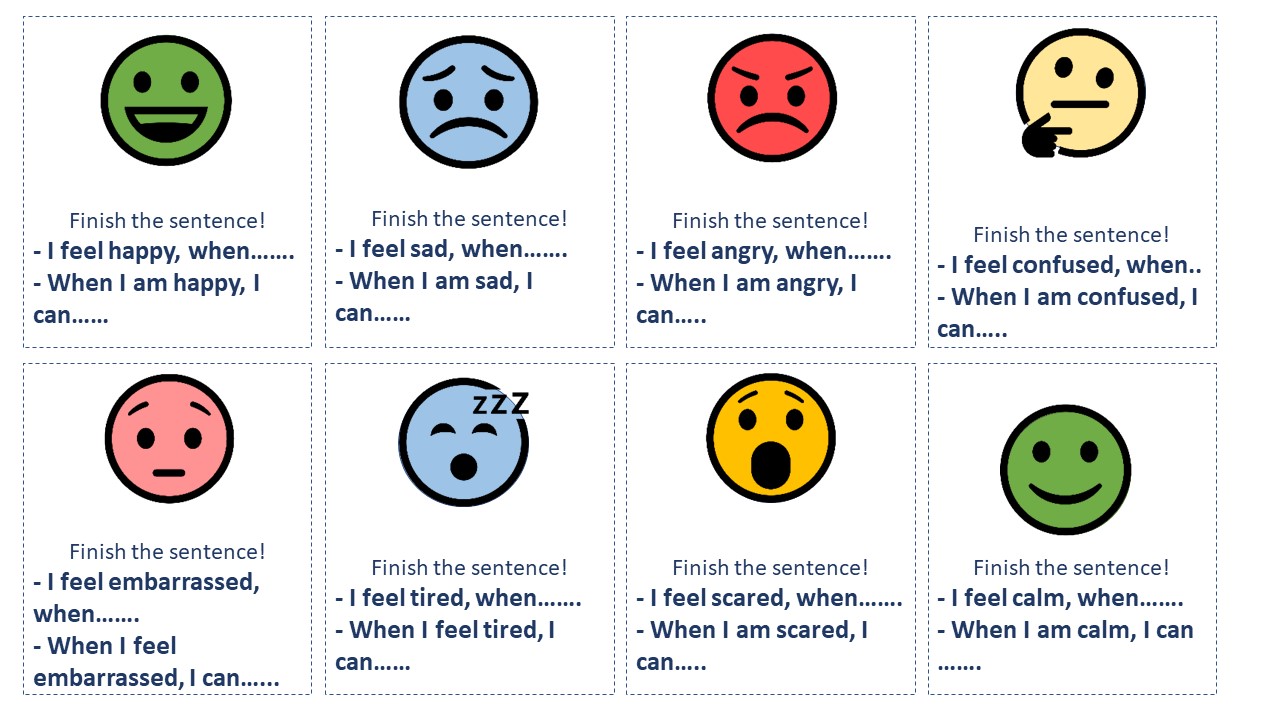Breaking Free: Overcoming Emotional Stimuli with Mindfulness

In today’s fast-paced society, emotional regulation has become more crucial than ever. The ability to manage our emotions not only affects our psychological well-being but also affects our interactions with others, our ability to make decisions, and overall success. Whether it’s in the midst of a challenging discussion, during high-pressure situations at work, or while navigating personal conflicts, emotional triggers can derail us if we’re not aware of them. By recognizing and honing our reactions, we can break the barriers they present and foster a healthier and more balanced existence.

This journey towards better emotional management begins with introspection. Recognizing what triggers our emotional responses allows us to develop strategies for effectively handling those emotions. From mindfulness exercises to breath control methods, there are proven ways to keep our tranquility and strength in the face of challenges. In this article, we will examine ten effective methods to enhance the control of our emotions and provide knowledge about the science behind emotional regulation, revealing why it is not just important for personal well-being but also a key asset for effective leadership. Join us as we examine practical exercises and habits that can help you maintain your composure, make better decisions, and attain a more rewarding existence.
Grasping Emotional Stimuli
Emotional stimuli are specific occurrences, circumstances, or interactions that provoke strong affective reactions. These reactions can fluctuate from slight irritation to intense anger or sadness. Grasping what triggers your emotions is vital for emotional control, as it allows you to identify patterns in your responses and begin to manage them efficiently. This awareness forms the basis for creating more effective coping strategies, ultimately empowering you to react rather than impulsively respond without thinking.
Numerous emotional stimuli stem from previous incidents, notably those tied to unaddressed disputes or distressing events. For example, a particular phrase or action from people might remind you of a challenging situation, sparking an affective reaction that may feel exaggerated to the present situation. By revealing how to be less reactive at work hidden links, you can start to differentiate between your present surroundings and previous incidents, which helps in reducing exaggerated responses to daily situations.
Identifying your emotional triggers also involves being aware of your physical signals. Frequently, your body conveys feelings like tension, increased pulse, or difficulty breathing before your brain fully registers the feeling. Becoming aware of these signals can serve as initial warning signs, enabling you to use techniques such as deep breathing or mindfulness techniques to maintain calmness when faced with potential stimuli. This preemptive approach contributes greatly to emotional control, making it easier to navigate challenging conversations or stressful scenarios.
Methods for Emotional Control
A of the most beneficial approaches for managing emotions is mindfulness practice. By developing awareness of the now, people can watch their thoughts and emotions without judgment. This method helps to create a gap between the emotional trigger and the reaction, enabling for more considered reactions. Integrating mindfulness into everyday life, such as through guided meditation or conscious breathing, can improve emotional management and boost overall psychological wellness.
Another effective strategy is the employment of breathing techniques. Controlled breathing exercises can function as an instant calming mechanism during stressful situations. Basic techniques, including the 4-7-8 method, where you breathe in for four counts, pause for seven, and breathe out for eight, can reduce tension and assist in regaining calm. Consistently doing these methods not only supports immediate emotional regulation but also builds resilience over time.
Finally, journaling serves as a powerful method for emotional control. Writing about experiences and feelings can offer clarity and promote comprehension of one's emotional triggers. This introspective method allows individuals to analyze their responses and spot trends in their emotional responses. By consistently documenting, individuals can boost their awareness of emotions, leading to better emotion regulation in various areas of everyday life, such as challenging discussions and resolving conflicts.
The Influence of Emotional Control on Life
Emotional control plays a crucial role in shaping our daily experiences and overall quality of life. When we maintain the ability to control our emotions well, we are more prepared to handle challenges and maintain a sense of balance. This control allows us to respond thoughtfully rather than act rashly, which aids in conflict resolution, enhances relationships, and supports improved decision-making. By nurturing emotional awareness, we can approach situations with clarity and composure, ultimately leading to better outcomes.
Furthermore, strong emotional control is linked to our mental health and well-being. Individuals who can manage their emotions tend to experience lower levels of stress, anxiety, and depression. This regulation creates a shield against the negative effects of emotional upheaval, fostering resilience and promoting a more optimistic outlook on life. As we learn to become aware of and cope with our emotional triggers, we enable ourselves to overcome patterns of overreacting and allow for greater emotional stability.
Finally, emotional control significantly improves our professional and personal interactions. In the workplace, the ability to stay composed in stressful situations can be a determining factor in career success and leadership effectiveness. It supports effective communication and strengthens teamwork, making collaboration smoother. Similarly, in personal relationships, emotional control leads to deeper connections and understanding, reducing conflict and fostering a caring environment. Ultimately, developing emotional control not only enriches our lives but also increases our capacity to lead meaningful interactions with ourselves and people.
